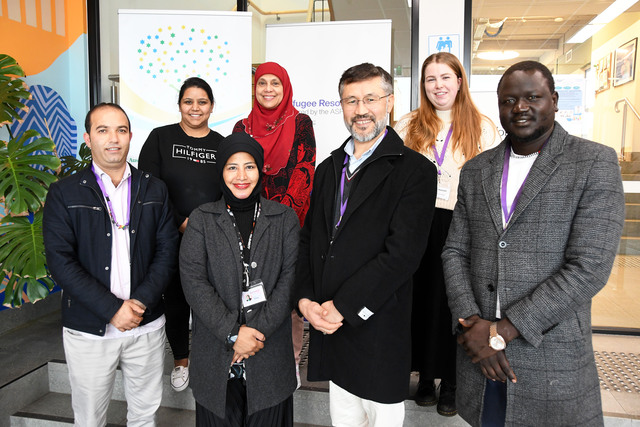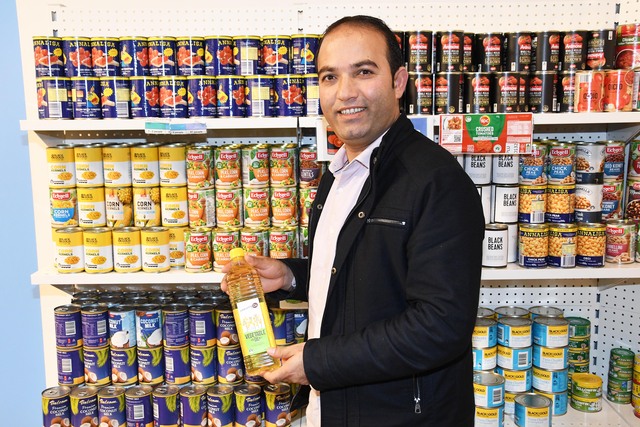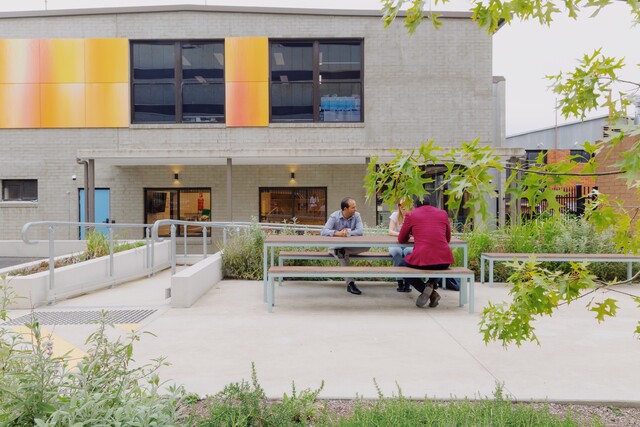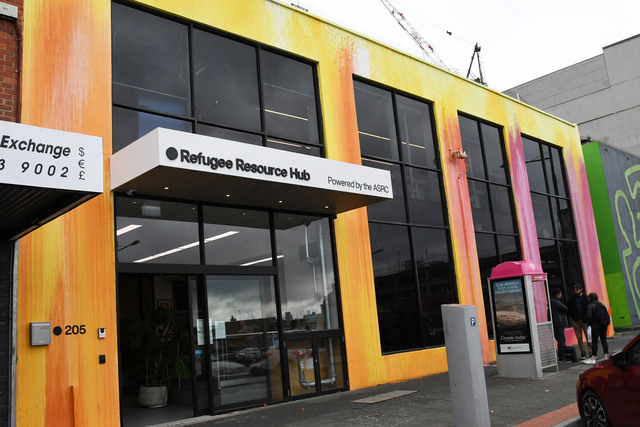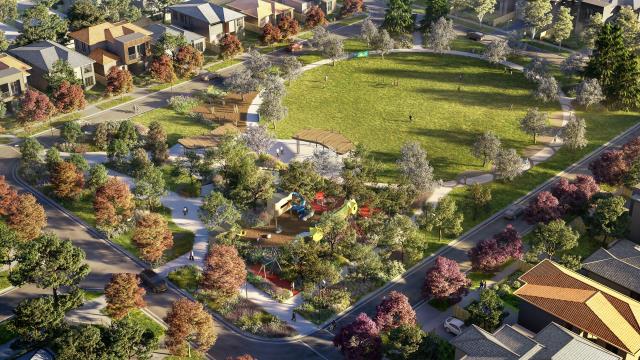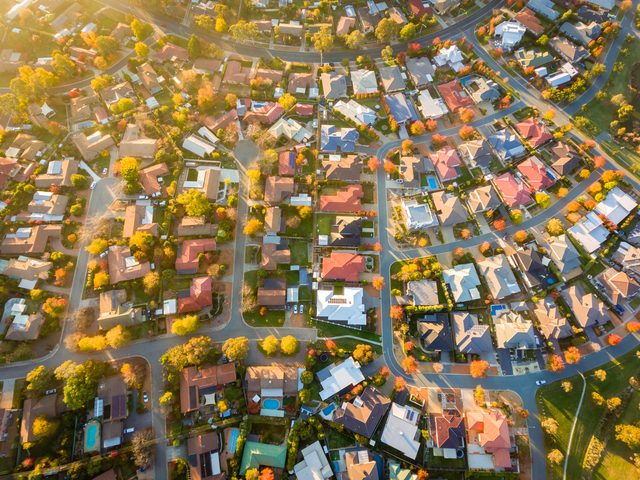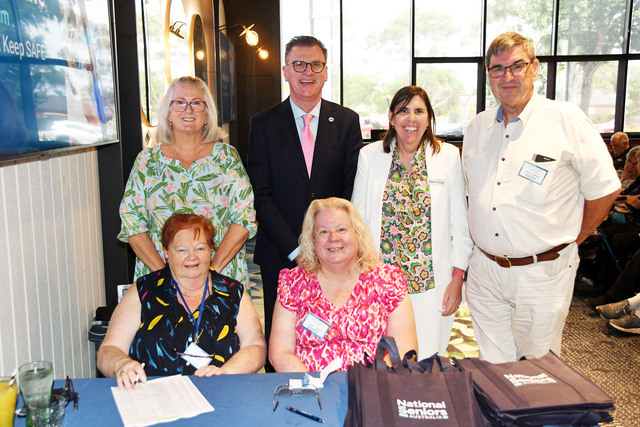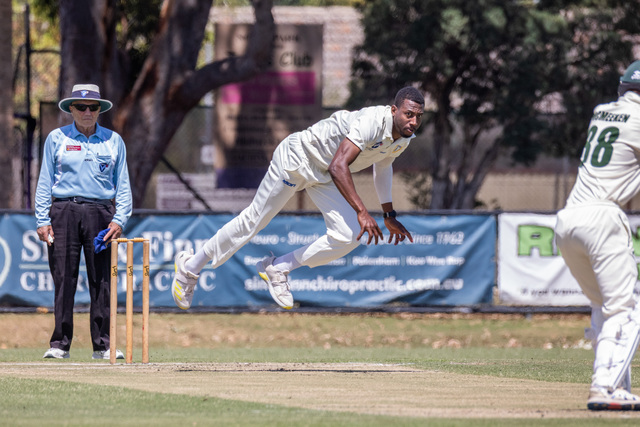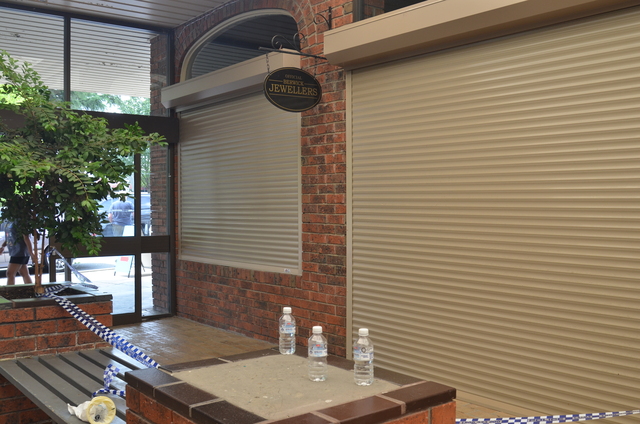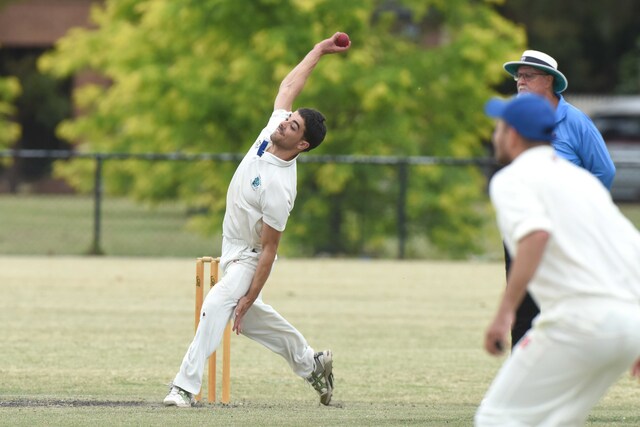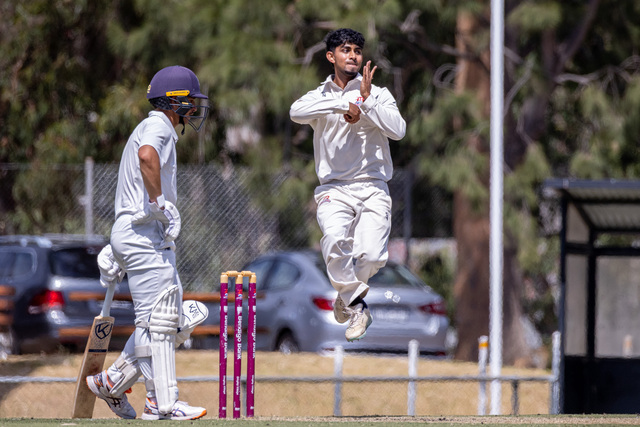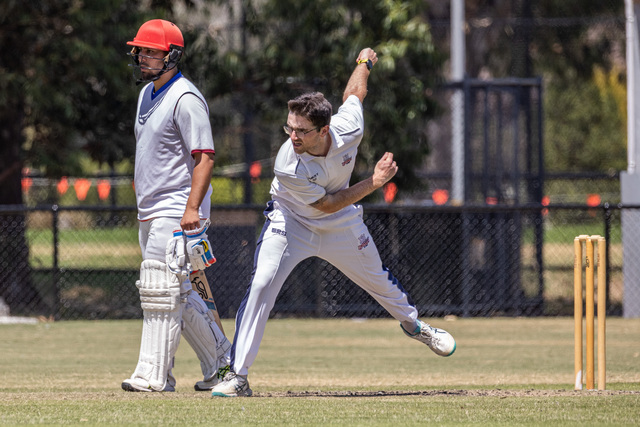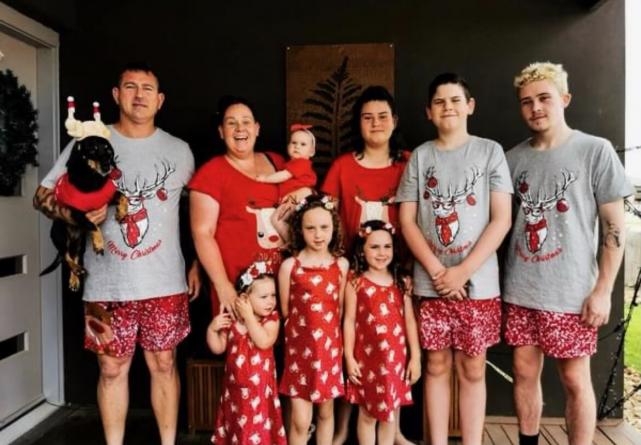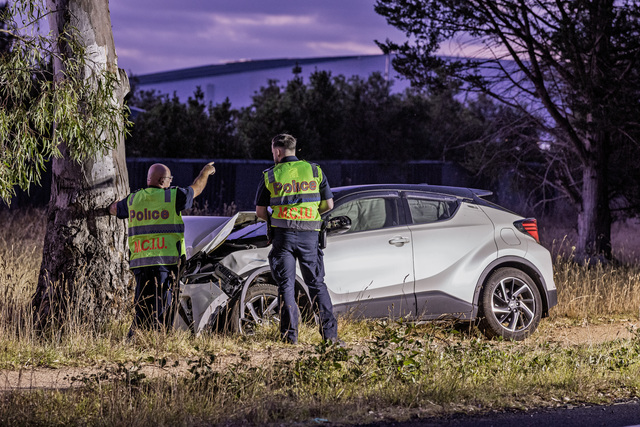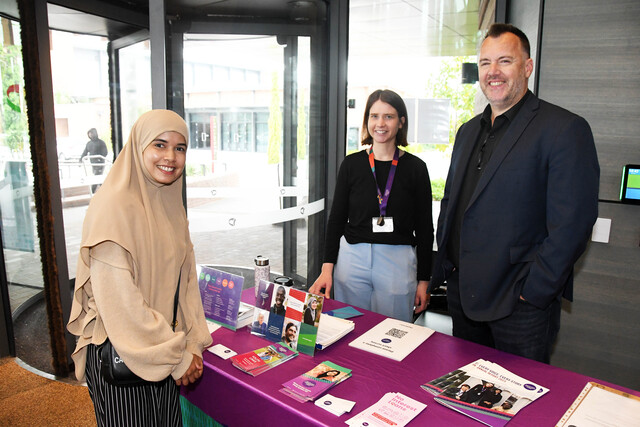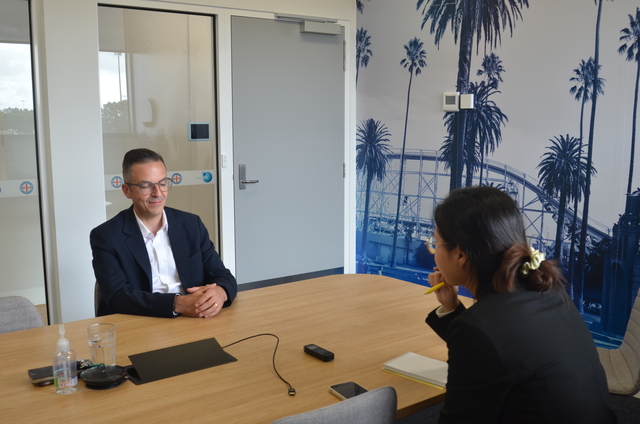The leading Refugee Resource Hub in the heart of Dandenong celebrated its second anniversary in May.
The team at the Hub, powered by Asylum Seeker Resource Centre (ASRC), reflect on what it described as a challenging but fulfilling two-year.
Some of its key achievements include co-locating 10 refugee led organisations and service providers under one roof to meet the high demands of cost-of-living rises, and various complex needs.
Director of the Dandenong Refugee Resource Hub, Qutbiallam Timor says this was one of the most challenging tasks.
“The Refugee Hub has become a home to so many people supported through the services that we provide.
“Strategically, we provided partnerships to 10 refugee led organisations and services providers to co-locate under the hub, coordinate collaboratively and to deliver the services and support to the community.
“Bringing 10 organisations together under one roof is a very high achievement and impact.”
One of its major aims was to collaborate with a housing service provider but there were some gaps iwhich made the partnership difficult.
“One of the challenges is housing people seeking asylum. They don’t have the right to work or any other income resource like Centrelink, they have a higher risk of being homeless.
“At the Hub here, we were unable to have a potential service provider to co-locate here with us to provide housing services to people seeking asylum.”
City of Greater Dandenong, a Refugee Welcome zone for two decades, has become home to many refugees, asylum seekers and immigrants who are attracted through its evident multicultural landscape and shops.
According to the City of Greater Dandenong Statistics and Data, 2000 people seeking asylum are based in Greater Dandenong.
As such, this in return demands services and organisations to accommodate and help new arrivals navigate through the systems.
Organisations like the Australian Hazara Women’s Friendship Network founded by Zakia Baig took on the opportunity to collaborate with the Hub.
The organisation advocates and supports Hazara women with basic needs to kick-start a new life, many whom have fled from being ethnically cleansed by the Taliban regime in Afghanistan.
The AHWFN, founded in 2013, provides English classes, social classes in Hazaragi, learner-drivers permit classes and job preparedness classes amongst a few.
“We had been struggling to find a place after Covid. This building has accommodated us and revitalised our capacity,” Ms Baig said.
“We have clients all over the South East, making this location very convenient for us to be able to reach the wider community and make ourselves easily accessible.”
The organisation is regaining strength after Covid with nine students in their learner’s permit classes.
“We have activities in their own Hazaragi language to help them understand the systems quickly and easily, sharing that sense of belonging and that they’re welcomed.”
Meanwhile, the Hub team continue to grow their services, accommodating 4,000 people in two years from all over the South East as demands for crucial services increase day by day.
“Some of the people that we serve, they don’t have the right to work nor the right to Medicare. They need vital services with high capacity, they rely on charities now and that’s how our services also become limited,” Mr Timor said.
The pressure is furthered by the 54 per cent decrease in asylum seeker social support in the Federal Budget for 2024-25 bringing down to $17 million, down 95 per cent from $300 million in 2015-16.
The Hub already supports 160 asylum seekers along with their families every month who need the financial and material support, healthcare, food banks and legal support.
– Meanwhile the Hub has featured in the Ausralian Institute of Landscape Architects Victorian State Awards.
Landscape architect Enlocus won the Landscape Architecture Award for Community Contribution for its pro-bono design of the hub’s garden.
The Garden, reclaimed from a former car park, centres around the Story Tree which symbolizes community resilience, growth and diversity of identity.
The sensory and edible garden also connects with the ASRC’s food bank program.
“A small project with a big heart, this new space for the Refugee Resource Hub, created on the site of an old carpark, now provides a place for respite and solace for those seeking refuge,” the awards jury stated.
“The role of our profession in providing foundations for safe and connected communities is clearly demonstrated through the pro-bono services provided for this project.
“By connecting a community through landscape and food, this project demonstrates the social responsibilities held by our profession.”

